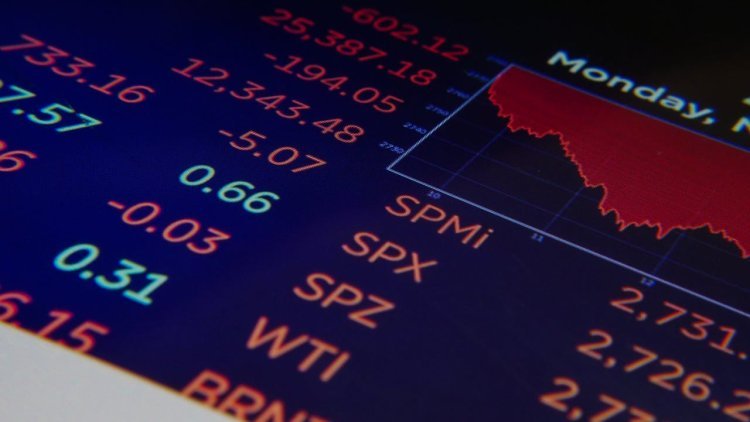What Is Index Trading? Tips for New Traders in Vietnam
Traders in Vietnam

Index trading allows you to trade on the overall performance of a market segment, country, or industry rather than focusing on individual stocks. For example, popular indices like the S&P 500 track the performance of the top 500 companies in the United States, while the FTSE 100 represents the 100 largest companies on the London Stock Exchange. In Vietnam, traders interested in global exposure can invest in major indices like these, or they can focus on regional indices, such as the Nikkei 225 in Japan or the Hang Seng in Hong Kong. By trading on indices, you’re essentially making a bet on whether the overall market, or a particular sector, will rise or fall.
A key advantage of index trading is that it offers instant diversification. When you trade an index, you’re not relying on the performance of a single company. Instead, you’re invested in a broader selection of stocks, which can reduce the risk associated with individual company performance. For instance, if one company within an index underperforms, the impact on the overall index is often minimal, as the performance of other companies may offset it.
Leverage is another feature that attracts many traders to index trading. Leverage allows you to control a larger position with a smaller amount of capital, potentially amplifying your profits. For example, with a 10:1 leverage ratio, you can control a $10,000 position with just $1,000 of your funds. While leverage can increase profits, it’s important to remember that it also magnifies losses if the trade doesn’t go as planned. New traders should approach leverage with caution, using it conservatively until they have a solid understanding of how it impacts their trades. Many platforms allow you to adjust your leverage settings, so start small and gradually increase it as you become more comfortable.

To succeed in trading, it’s essential to stay informed about the factors that influence index prices. Since indices represent a group of stocks, their performance is often affected by a variety of economic, political, and market factors. For instance, interest rate changes, inflation data, and major political events can all impact the overall performance of an index. For Vietnamese traders, keeping an eye on global news and market reports can help you anticipate potential movements in the indices you’re trading. Economic calendars, which list important events like central bank announcements and economic data releases, can be particularly useful tools for tracking these influences.
Another valuable tool for trading is technical analysis. This approach involves studying historical price data, chart patterns, and technical indicators to forecast future price movements. Many traders use indicators like Moving Averages, Relative Strength Index (RSI), and Bollinger Bands to help identify trends and determine optimal entry and exit points. Most trading platforms offer these tools, allowing you to perform in-depth technical analysis before making trading decisions. By combining technical analysis with an understanding of current market conditions, you can develop a more informed strategy and improve your chances of success.
It’s also important to have a clear trading plan. Index trading can be volatile, and without a strategy, it’s easy to get swept up in market movements. Determine your goals, risk tolerance, and preferred trading style before entering the market. Do you plan to trade short-term price movements, or are you more interested in long-term positions? Knowing your objectives will help guide your trades and keep you focused. Additionally, use risk management tools like stop-loss and take-profit orders to protect your investments. These orders can help you limit potential losses and lock in profits at specific price points, reducing the emotional stress of managing trades in a volatile market.
For those new to index trading, using a demo account can be an excellent way to practice without risking real money. Many trading platforms offer demo accounts, which allow you to simulate trading with virtual funds. This provides a risk-free environment to test strategies, explore different indices, and become familiar with the trading platform. Once you feel confident, you can transition to a live account with a clearer understanding of how index trading works.
What's Your Reaction?
















